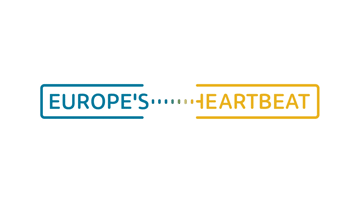There are various employment models in Germany that provide expanding companies with flexible employment solutions - especially in the starting phase of the business.
Regular employment
Regular employment contracts are unrestricted and can be terminated by a written letter of termination, provided a mandatory notice period has been observed. In companies with more than 10 employees, a justified reason is required for regular termination. In a regular employment contract, employer and employee usually agree upon a six-month probationary period during which the contract may be terminated by either party at any time with two weeks notice.
Fixed-term contracts
Companies are free to offer fixed-term contracts to new employees without a justified objective reason for the f ixed term. Such fixed-term contracts expire automatically on a specific date. A termination is not required for this type of contract – unless the contract needs to be terminated before expiring. It is for the employer to decide whether to renew the contract or not.
This category of fixed-term contracts is generally limited to a maximum of two years. A fixed-term contract may be extended up to three times, provided the total duration of contract does not exceed the maximum of two years.
During the first four years of a company’s existence in Germany, employment contracts may be limited or extended several times up to a total duration of four years.
Apart from fixed-term contracts for a specific duration, it is also possible to use fixed-term contracts for specific justified objective reasons. This may, for instance, be the case if the employee is hired to fill in for another temporarily absent employee. In order to be effective, any fixed-term employment agreement must be provided in writing.
Temporary employment
Temporary employment means that a company can hire staff without concluding an employment contract. Instead, the company hires staff from a temporary employment agency by concluding a service contract which regulates the conditions under which the employees are sent to the hiring company.
The employee is legally employed by the temporary employment agency, which means that the employee receives financial remuneration only from the temporary employment agency, as no contractual relationship exists between the hiring company and the employee. The hiring company pays a certain fee to the temporary employment agency as set out in the service contract.
The duration and the terms of termination of the service of the employee in the hiring company are not subject to labor regulations, but only set out in the service contract between the hiring company and temporary employment agency.
Generally, leased employees may be hired by the same company for a period of no longer than 18 months. Exceeding this maximum duration may result in a permanent employment relationship between the temporary employee and the leasing company.
General working conditions
The general working conditions such as weekly working hours and wages are usually determined in collective agreements between unions and the respective employers’ associations of the temporary employment industry. These collective agreements provide flexible working hour models by using working hour accounts to adjust the demand of the hiring company and working time regulations. These collective agreements may, to some extent, alter the “equal treatment” policy between a company’s leased and permanent employees.


